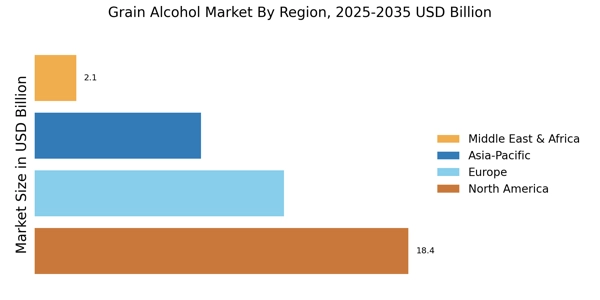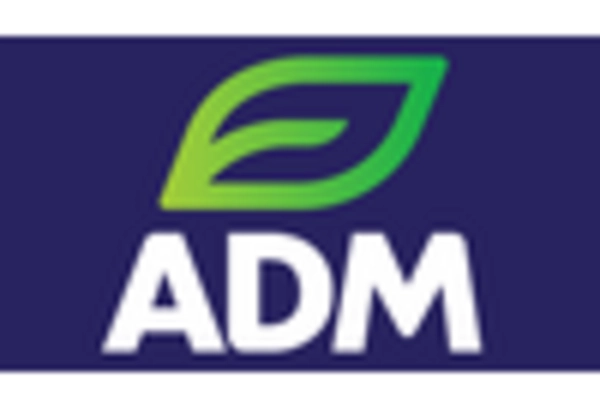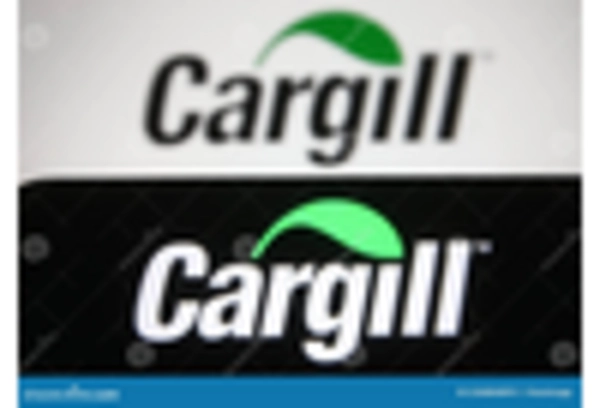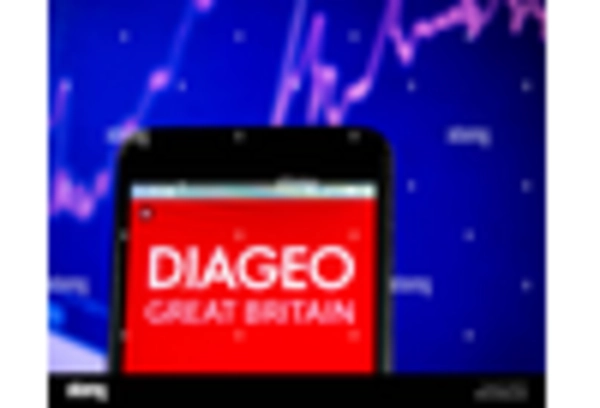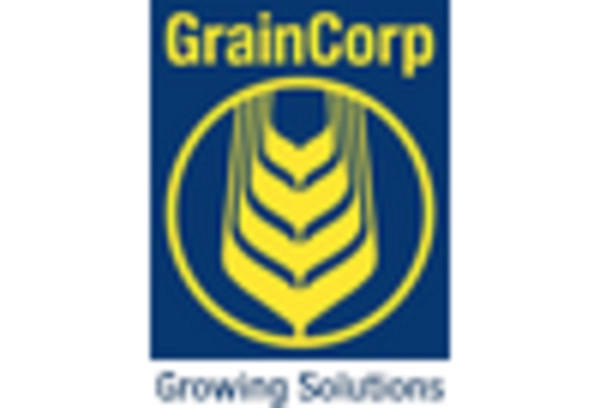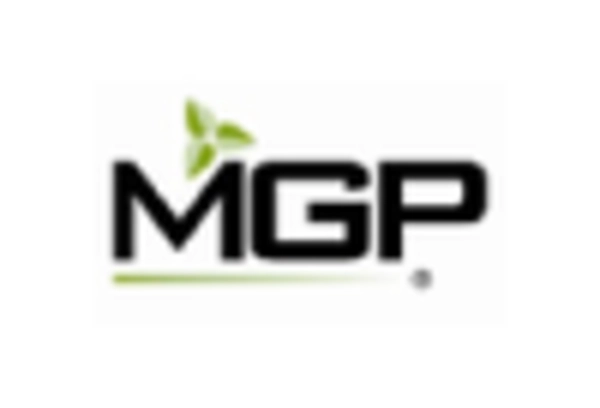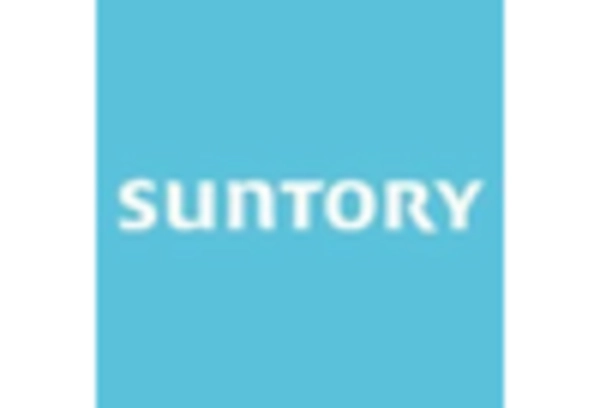Health and Wellness Trends
The growing health and wellness movement is influencing consumer choices, leading to a shift towards lower-alcohol and organic beverages. This trend is impacting the Grain Alcohol Market as manufacturers adapt their offerings to meet the demand for healthier options. The rise of organic grain alcohol products, which are perceived as cleaner and more natural, is gaining traction among health-conscious consumers. Market analysis indicates that organic spirits are expected to witness a substantial increase in sales, reflecting a broader trend towards transparency and quality in food and beverage choices. As consumers become more discerning, the Grain Alcohol Market must innovate to align with these health trends, potentially leading to the development of new product lines that cater to this demographic.
Rising Demand for Biofuels
The increasing emphasis on renewable energy sources has led to a notable rise in the demand for biofuels, particularly ethanol derived from grain alcohol. This trend is driven by government policies promoting sustainable energy solutions and reducing carbon emissions. The Grain Alcohol Market is witnessing a surge in production capacities to meet this demand, with projections indicating that the biofuel segment could account for a significant portion of the market share. As countries strive to meet their renewable energy targets, the grain alcohol sector is likely to benefit from favorable regulations and incentives, further propelling its growth. This shift towards biofuels not only supports energy independence but also aligns with global sustainability goals, making it a pivotal driver in the Grain Alcohol Market.
Technological Innovations in Production
Advancements in production technologies are transforming the Grain Alcohol Market, enhancing efficiency and product quality. Innovations such as continuous fermentation and advanced distillation techniques are enabling producers to optimize their processes, resulting in higher yields and reduced production costs. These technological improvements not only streamline operations but also allow for the creation of a wider variety of grain alcohol products. Furthermore, the integration of automation and data analytics in production facilities is likely to improve consistency and quality control. As the industry embraces these innovations, it is expected that the Grain Alcohol Market will experience increased competitiveness and profitability, positioning itself favorably in the broader alcoholic beverage landscape.
Expansion of the Beverage Alcohol Sector
The beverage alcohol sector continues to expand, with grain alcohol serving as a key ingredient in various alcoholic beverages, including spirits and liqueurs. The Grain Alcohol Market is experiencing growth due to the rising popularity of craft cocktails and premium spirits, which often utilize high-quality grain alcohol. Market data suggests that the spirits segment is projected to grow at a compound annual growth rate of over 5% in the coming years. This trend is fueled by changing consumer preferences towards artisanal and locally sourced products, which enhances the demand for grain alcohol. As the beverage industry evolves, the Grain Alcohol Market is likely to see increased innovation and product diversification, catering to the sophisticated tastes of consumers.
Regulatory Support for Alcohol Production
Regulatory frameworks play a crucial role in shaping the Grain Alcohol Market, with supportive policies facilitating growth and innovation. Governments are increasingly recognizing the economic potential of the alcohol sector, leading to the establishment of favorable regulations that encourage investment and production. This includes tax incentives for producers and streamlined licensing processes, which can significantly lower barriers to entry for new players. Additionally, regulations promoting responsible consumption and sustainable practices are likely to enhance the industry's reputation and consumer trust. As these supportive measures continue to evolve, the Grain Alcohol Market is poised for expansion, attracting both established companies and new entrants seeking to capitalize on emerging opportunities.



